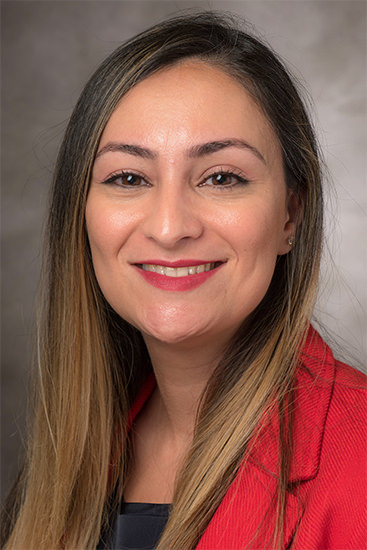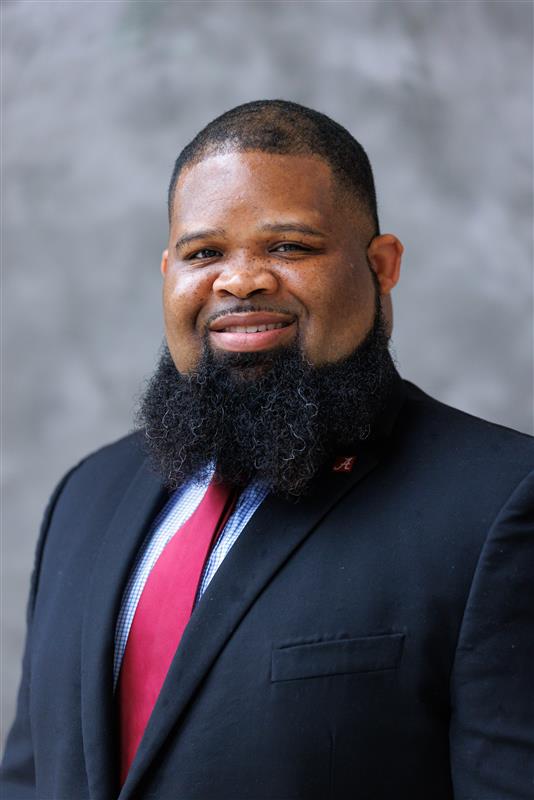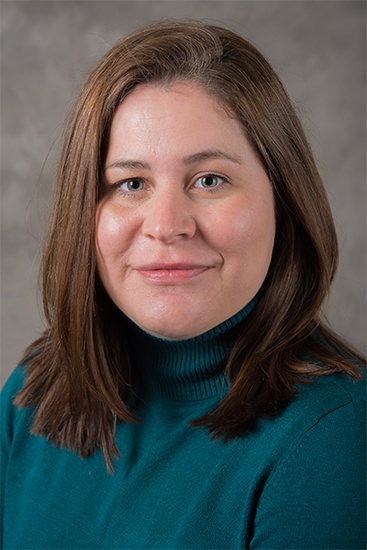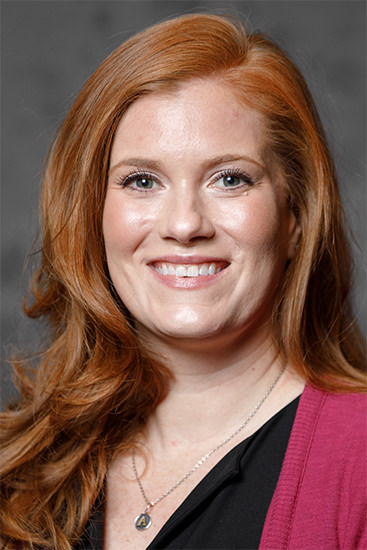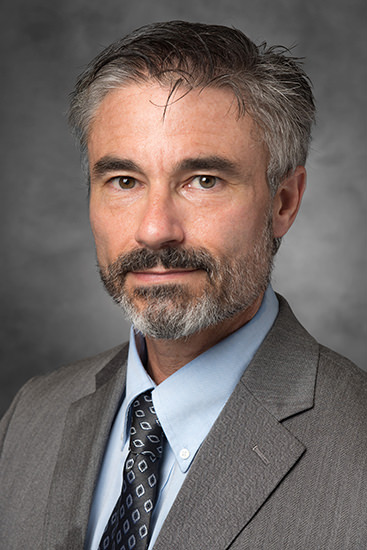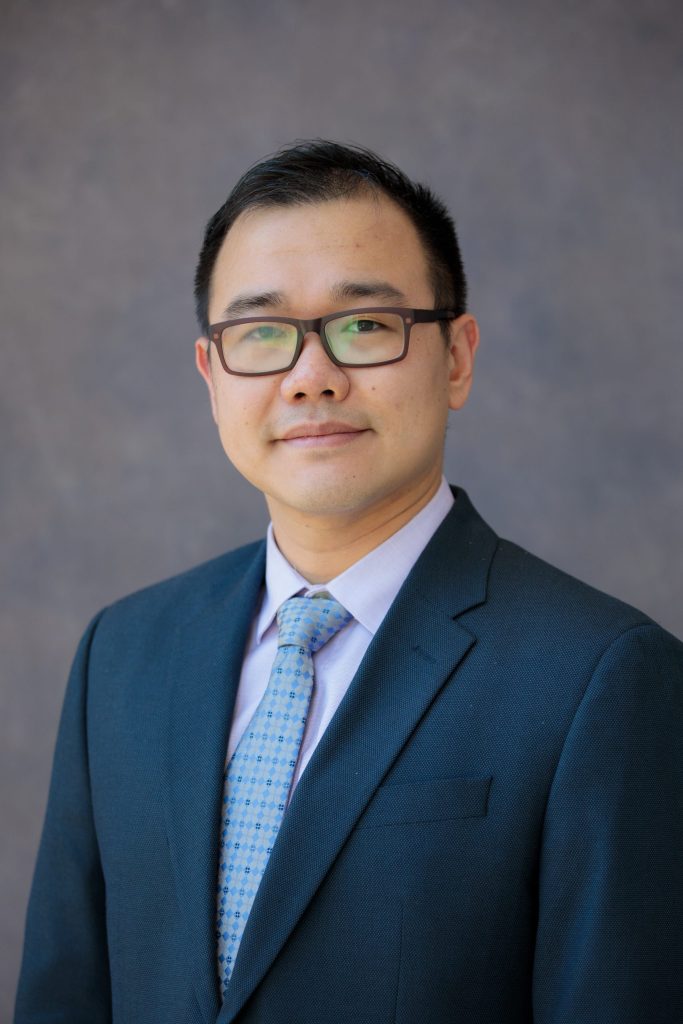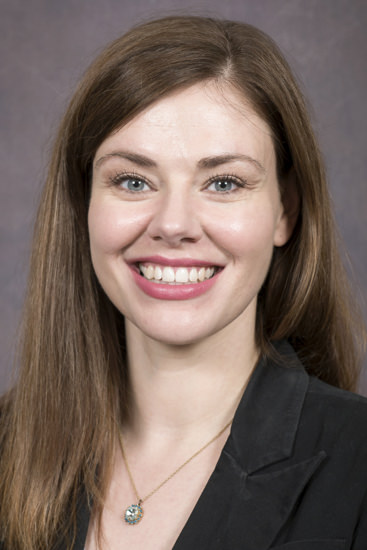What Is Population Health?
Population health is an interdisciplinary field that integrates clinical care and public health practices to prevent, reduce and manage human disease. Population health is particularly interested in the determinants of health outcomes, and why the distribution of health determinants is different between population groups. Population health uses patient-centered approaches to understand the needs of different population groups, with a particular focus on investigating health disparities. Population health identifies mutually beneficial solutions that work for everyone by bringing diverse stakeholders together under one umbrella to overcome common challenges in health care. This approach improves health and health care in ways that are beneficial for both patients and health care providers.
Benefits of a Degree in Population Health
The changing landscape of health care will require intellectual investments in the future of health. Those interested in acquiring a degree in population health from The University of Alabama will benefit from a value-based culture that embraces interdisciplinary collaboration and innovative thinking. The Master of Science in Population Health Sciences degree is designed to suit the educational needs of professionals from various backgrounds, including:
- Social and behavioral scientists interested in health outcomes research.
- Providers seeking additional training in the structure and delivery of health care in an evolving system.
- Hospital administrators and office managers looking to expand current roles and responsibilities in clinical settings.
- Anyone in the health care field interested in identifying best practices to adhere to value-based payment systems in an effort to increase reimbursement rates and improve health outcomes.
Attributes of our Program
Offers flexibility with the majority of our classes offered in-person and online for students who wish to pursue a degree while working.
Specifically designed to prepare graduates to succeed in a value-based healthcare system.
Led by faculty with backgrounds in medicine, nursing, public health, psychology, business, exercise, health education, economics and health policy.
Features a variety of electives to allow tailoring of the program to students’ individual interests.
Provides hands-on training in classes that range from qualitative research methods to database management.
Ideal Applicants
Population health is an interdisciplinary field and our degree is beneficial for licensed health professionals, systems administrators and others interested in health outcomes research, evidence-based care and health system redesign.
Application Requirements
Academic transcripts from all institutions attended
Three letters of recommendation
Curriculum vitae
Statement of Purpose that addresses all of the following items:
- Description of your interest in population health.
- Explanation of how a population health degree fits into your career plans.
- Summarize your specific population health topics of interest and identification of a possible faculty mentor from our department.
- Please note that you do not need to contact a prospective faculty member before admission into the program.
- Describe how your current or future work advances our College’s mission and reflect upon the values of the College that are most important to you and your planned career in population health.
- If applicable, address weaknesses within your academic or professional background and explain how you will apply lessons learned from these challenges to help you succeed in graduate school.
The GRE or MCAT is not required for admission into our program. Please note that for applicants with a GPA below a 3.0, an admission test score is strongly recommended in order to be considered for admission. International applicants will need to demonstrate English proficiency with the TOEFL, IELTS, Duolingo or meet other requirements established by the Graduate School.
Application Deadlines
In-Person Program
| November 1 | Priority deadline for fellowship/assistantship consideration |
| January 5 | Deadline for fellowship/assistantship consideration |
| April 15 | Final deadline for fall semester start |
Online Program
| June 15 | Fall admission |
| November 15 | Spring Admission |
Scholarships and Fellows
Prospective applicants should direct all questions about funding opportunities to Program Assistant Sue Givens at smgivens@ua.edu or Program Director Dr. Morales-Alemán at mmmoralesaleman@ua.edu.



